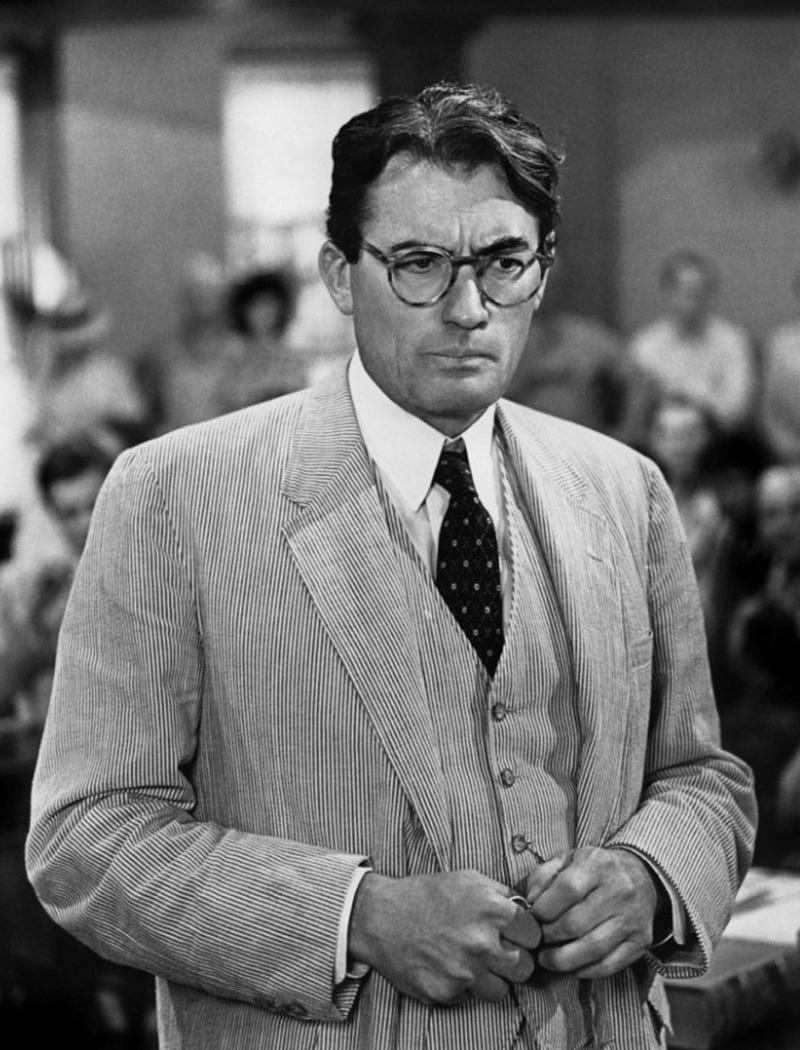Atticus Finch of the classic book ‘To Kill a Mockingbird’ famously says, ‘You never really understand a person until you consider things from his point of view, until you climb into his skin and walk around it.’ This quote is how so many middle and high school kids can begin to grasp the concept of empathy. Empathy is the ability to understand and share the feelings of others. In a world where we all struggle, suffer, fight inner battles, and experience loss, having some empathy for your neighbour goes a long way.
In the 1910’s-1920’s, after World War I, empathy was one of the very few things that got former soldiers of both the Allies and Axis power into the next day. These men in combat were put in the worst conditions our first world selves cannot fathom. When the war was over, these men were thrown back into society and expected to leave their baggage in Flanders Field. There was no mental health support or psychiatrists available, so the few places soldiers could find solace was in a bottle, by using opium, and each other. It was not a masculine trait to open up about each other’s feelings during that time, but each comrade knew what their brother in arms went through. This goes for women of the time as well, wondering if their fathers, sons, brothers were coming home. These women knew those around them felt the same things.
Jocko Willink is a former Navy Seal, current Brazilian Jiu Jitsu black belt, leadership instructor, and author. Willink wrote ‘Extreme Ownership’ which developed different leadership concepts, intertwining them with his stories of being a Navy Seal in Ramdi, Iraq and specific cases of his work as a leadership instructor. There came a time when the Willink and his teammates of well-trained Navy Seals had to train and complete missions with Iraqi soldiers. The book describes Iraqi soldiers as arguably the worst in the world for physical and mental reasons. For example, most cannot complete a set of push ups, do not have proper footwear, and are only in it for a paycheck. It simply comes down to the fact that the Seals (and America) have more resources and prioritize their military forces more so than Iraq. When the Seals learned of these details, they were irate. However, after some consideration, Willink writes and explains why this is necessary. Putting himself in the shoes of those who made the decision, Willink began to understand that this large mission of training Iraqi soldiers is needed to build autonomy. America could not stay forever in Iraq, defending the country from the Taliban, so the current soldiers needed to become adequate fighters. At times, it is not easy to see why a decision is being made because of biases and viewpoints. But once people can think objectively, see things from other’s viewpoints, then the decision making can become clearer.
In the book ‘The Laws of Human Nature’, Robert Greene writes about how to morph self-love into empathy. Both the notion and spectrums of empathy and narcissism are reviewed in detail. Within this chapter, a story about Sir Ernest Henry Shackleton is discussed. While the English explorer was traveling, Shackleton made a call to abandon ship. In some of the most horrendous, brutal, dangerous oceanic circumstances, Shackleton brought his entire crew home. This was no easy feat. Shackleton first understood how he as a leader affected his group, because the leader infects the group with their attitude. It is said that in the NHL, the team takes on the personality of the coach, the leader. Presenting absolute confidence and optimism radiates throughout the group as Shackleton performed. Shackleton also divided his attention amongst his group equally, studying them, individually and wholly. If he noticed a certain mood amongst the group on a given day, he would put himself in that mood to anticipate how they would act. Shackleton would engage with his crew if he felt a dip in their demeanour, finding indirect ways to elevate their moods. This included giving certain people certain tasks to make them feel competent. If reading other people is dependent on survival, then we will do so. However, we are rarely in life-or-death situations, so there is no need to read too deeply on people. Shackleton fused empathy with leadership. By putting himself in others’ shoes, he figured out how to motivate and influence his crew to a goal.
Transformational leadership theory, developed by James Downton, is when a leader’s behavior influences followers and inspire them to perform beyond their perceived capabilities. The aim of the performance is to create a change, or transformation, and develop a vision people can work toward. This theory of leadership ties well with collective leadership theory which envelops the concept of people coming together to pursue change. Those involved change themselves and their actions to produce desired results. Herb Brooks, head coach of the 1980 men’s USA Olympic hockey team emulated these types of leadership styles, upon others, to help the team claim gold. A staunch supporter of his philosophy looking for values first and athletes second, Brooks developed an exceptional team of young men. Brooks turned a group of college boys from the northeast and Midwest who were intimidated by the magnitude of the Olympics into fearless competitors, upsetting the Red Army. Brooks pushed his players mentally, physically, and emotionally, to get the best out of them, and to ultimately fulfill the desired outcome. Essentially, Brooks knew what to say, when to say it, and how to say it all the time.
To be able to lead, you must know how to effectively influence. Influence is the ability to have effect on character, development, or behavior of someone. Effective and exceptional leaders know how to influence their followers to get the best out of them. It is important to recognize that not all great leaders use their leadership skills to achieve great goals. Those we rely on to be leaders like teachers and police officers can be corrupt, with many real-life examples to be referenced. Hitler was a great leader with a bad vision. It takes a charismatic man to persuade others to carry out heinous acts on other human beings because of their religion. But once again, Hitler was able to empathize with fellow Germans, and stir up a populations’ raw emotions that were related to World War I. Hitler made Germans hate Jewish people through compelling speech, propaganda, and empathy.
Regardless of the scale of leadership, whether you are leading your family or a platoon into war, you need to empathize. Empathy better allows you to assess peoples’ feelings to ultimately get them to a goal. This is evident in the amazing story of Shackleton and his fellow explorers. The skill of empathy is almost like mind reading. As a leader, you know what buttons to push on a person to influence them. In the movie ‘Miracle’, Herb Brooks called Rob McClanahan a ‘candy ass’ (I am sure in real life, something else was said) because he was dealing with a leg injury. In turn, this fired McClanahan up and the kid continued playing. Strong leaders are like superheroes. People look up to them, follow them, want to be like them in part due to empathetic skills, one of their many powers. Improve your empathy, improve your influence, and then improve your leadership.




